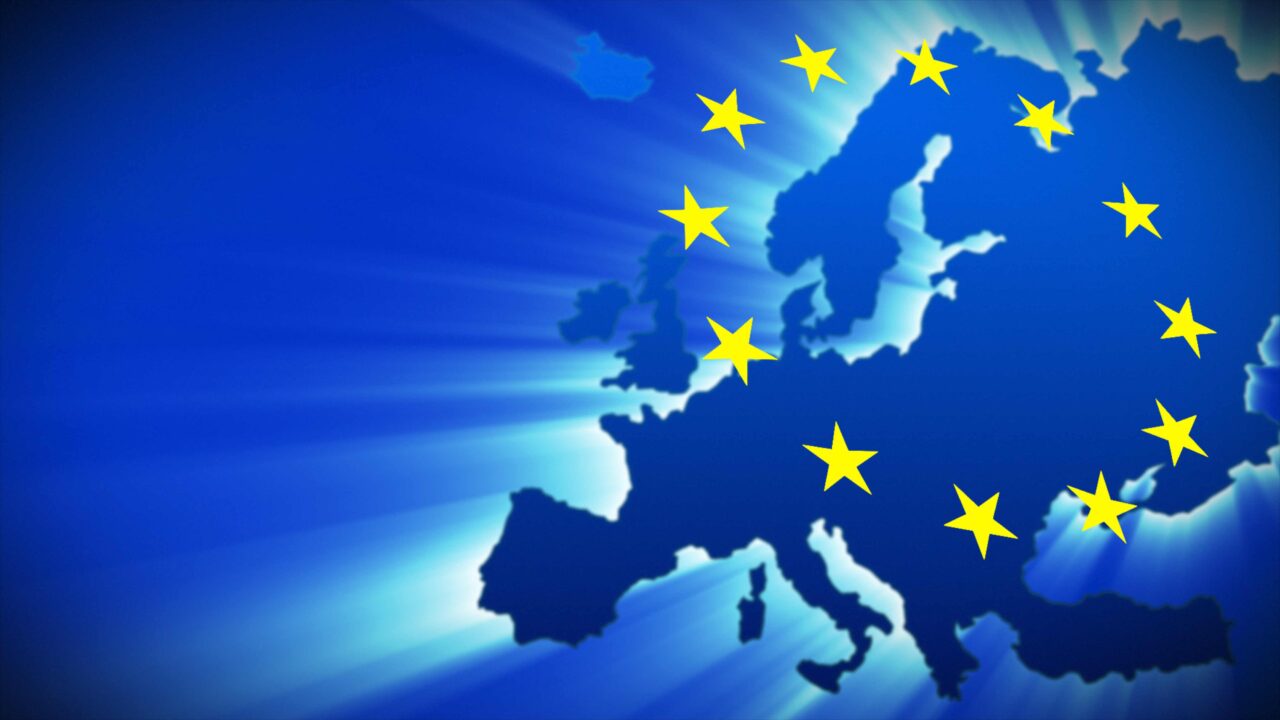The EU has agreed to extend its current package of economic sanctions against Russia until the middle of January 2016, according to ICOS European Affairs’ Executive Conor Mulvihill
“The decision was taken against the backdrop of Russia’s continuing ceasefire violations in Ukraine,” he said.
“And, no doubt, Moscow will respond in kind by extending its own ban on EU food imports.”
Mulvihill said that an extension of the food import by Russia would not be as bad this time around, as was the case at the time of its introduction last August.
“We have seen a more than significant devaluation of the Ruble since the beginning of 2015. This makes food exports to Russia less economically attractive than would have been the case prior to the ban having been introduced.
“In addition, Irish food companies have found alternative markets for product they would have traditionally sold to Russian buyers.”
Mulvihill confirmed that Russia has targeted a number of individual EU Member States over recent months in a divide and conquer to response to the economic sanctions introduced by Brussels.
“This was met by a very firm response from the EU Commission. So we will have to wait and see how Russia plays this out over the coming months.
However, Mulvihill believes that the expected reaction from Moscow to the continuing economic sanctions from Brussels will put more pressure on the EU dairy sector at a time when the industry can least afford it.
“The EU Commission, particularly at secretariat level, continues to deny that a crisis is unfolding within Europe’s milk industry,” he said.
“This is why Brussels has resolutely refused to even consider introducing intervention or aids to private storage measures up to this point.”
In light of this, the ICOS representative hinted strongly that concerted pressure would soon be brought on the Commission to introduce dairy support measures, using super levy monies as the funding source.
